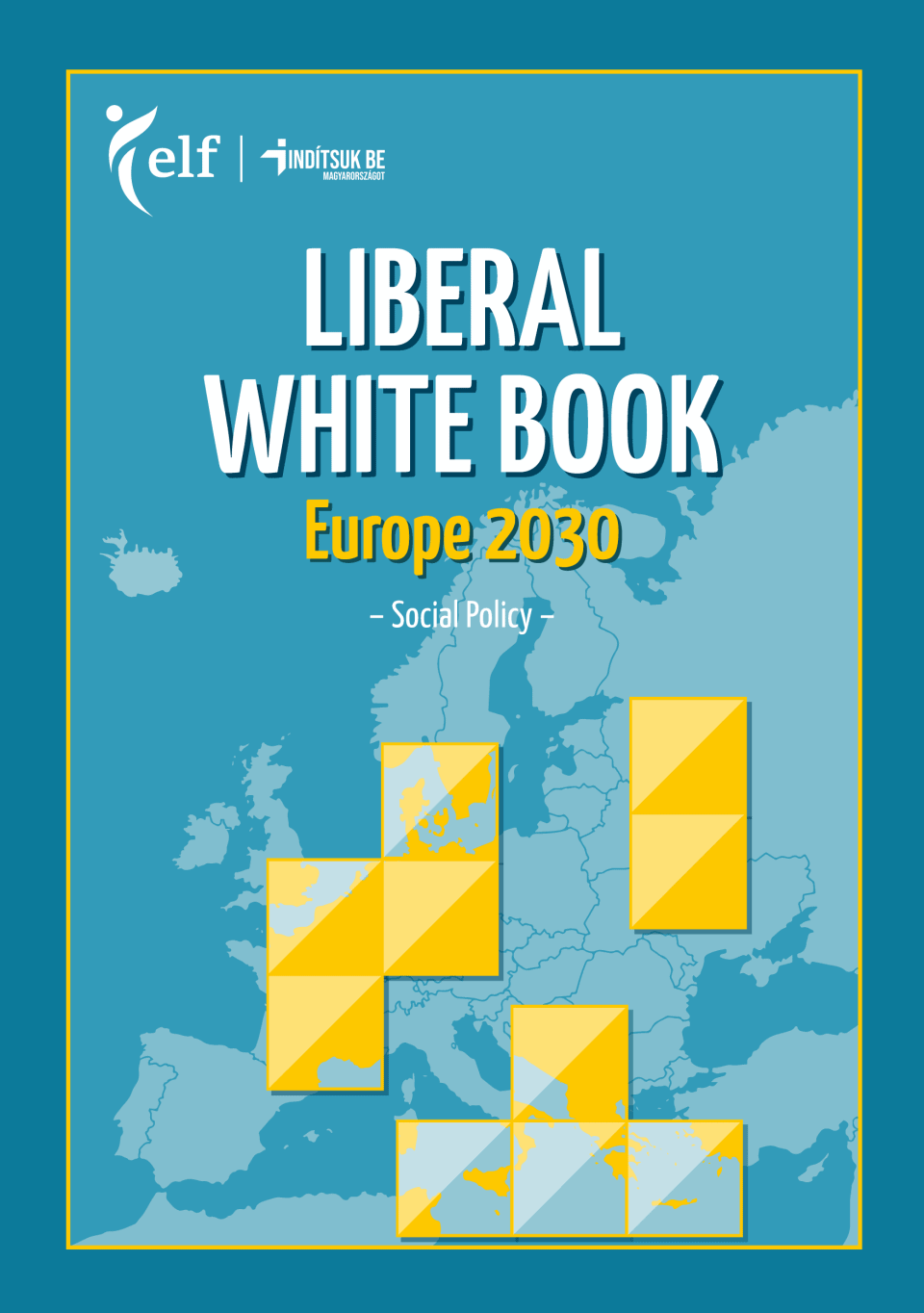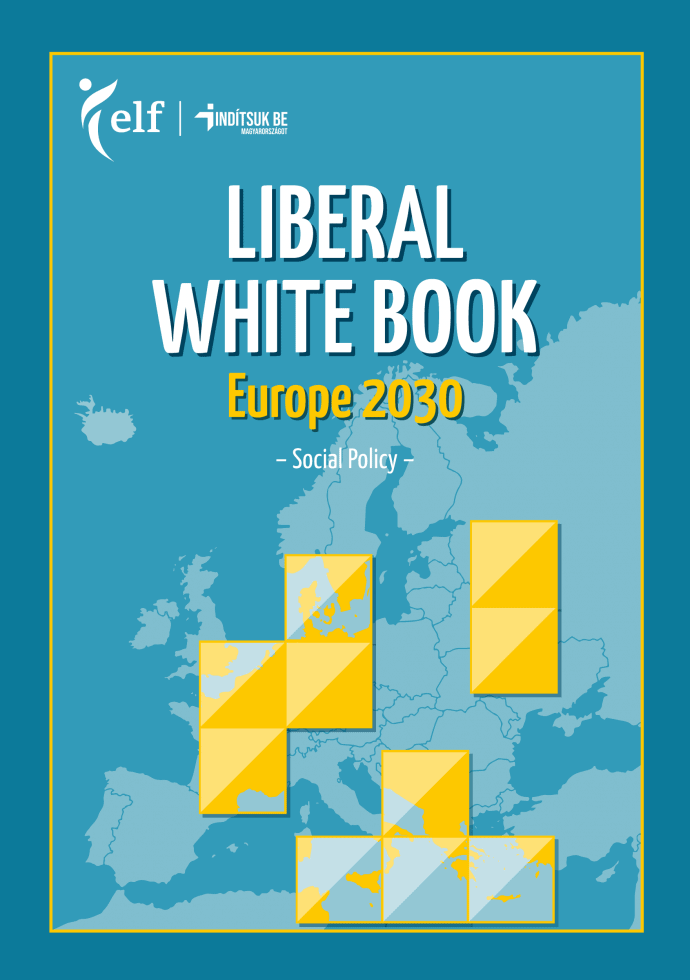European welfare states are increasingly strained by various forces, including changes in the nature of work, family structures, aging of the society and the transformation towards complex, articulated communities, whose needs are constantly changing. We need to re-examine how we educate our citizens and how we organise our labour markets in a way that ensures both protection for workers and the global competitiveness of the EU.
The nature of work is changing in the 21st century, while relationships are becoming less stable and the new digitalised economy is becoming more prominent. The demographic challenge of aging means that we have to think hard about how we can still have efficient, equitable and fiscally sustainable social insurance programmes and provide the required level of care. Finally, “diversity” is a defining factor of our current and future societies: liberal policies must be responsive and responsible to the needs of vulnerable groups from immigrants to the disabled, from single mothers to LGBTI individuals.
This Expert Forum brings together scholars, researchers, and policymakers to discuss possible - and liberal - answers on how the welfare system can be restructured with these challenges in mind. Looking at a “Europe 2030”, it seems clear that our society should evolve together with these profound changes, starting together is the only path to ensure a flourishing future for all.
Welcome & Presentation of the Liberal White Book Europe 2030 project
Daniel Kaddik, Executive Director, European Liberal Forum
Introduction to this Expert Forum
András Pleszel, President of the Board, Indítsuk Be Magyarországot Foundation
Message from the Patron
Dragoș Pîslaru, Member of the European Parliament, Renew Europe Group
Keynote Speech
Kenneth Nelson, PhD, Professor of Sociology, Swedish Institute for Social Research (SOFI), Stockholm University (tbc)
Discussion: Work in the 21st Century – Employment, Unemployment, Technological Change, Gig Economy, Education
• Ágota Scharle, Executive Partner and Senior Researcher, Budapest Institute for Policy Analysis
• Wolfgang Spiess-Knafl, PhD, Faculty Member, University Witten / Herdecke and Author of “You Had One Job – Transforming Social Security Systems into the Digital Working Age ” (ELF publication)
• Piotr Lewandowski, Labour economist, Co-founder and President of the Board, Institute for Structural Research (IBS)
Moderator: Áron Iker, Director of Public Policy, Momentum Movement
Discussion: The Future of the Welfare State – Ageing, Social Protections, Disability Insurance
• Dragoș Pîslaru, Member of the European Parliament, Renew Europe Group
• Lukas Sustala, Director, NEOS Lab
• Irena E. Kotowska, Professor in Economics and Demography, Head of Centre for Demography, Institute of Statistics and Demography, Warsaw School of Economics
Moderator: Anna Vindics, Economist and Policy Analyst, OECD
Discussion: Integrating Vulnerable Groups in Our Evolving Welfare States
• Alfonso Lara Montero, Chief Executive Officer, European Social Network
• Nora Milotay, Policy Analyst (education, social and employment policy), European Parliament
• Emmanuele Pavolini, Universitá di Macerata; Editor, Journal of European Social Policy
Moderator: Tamás Molnár, Social Policy Analyst
Conclusions
Polly Mackenzie, Chief Executive, Demos (UK), Author of the Social Policy chapter, Liberal White Book Europe 2030

